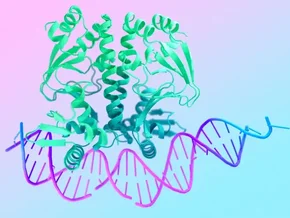Sex and coffee can trigger strokes

You could have an increased risk of having a brain haemorrhage or stroke if you drink coffee, blow your nose or have sex.
Researchers in the Netherlands have found that these three actions are all trigger factors that boost the chance of having a weakened blood vessel, otherwise known as an aneurysm, burst in the brain.
Drinking coffee was the most ‘dangerous’ action as it increased the risk by 10.6 per cent.
READ MORE FROM THE WDM CONTENT NETWORK:
To read the latest edition of Exec Digital, click here
Headaches cost world economy £140 billion a year
FluPhone app could track epidemics
Superfruit cocktail has super heart benefits
Physical exercise heightened the chances by 7.9 per cent, blowing your nose by 5.4 per cent and engaging in sexual intercourse by 4.3 per cent.
Other risk factors included getting angry, cola consumption, being startled and straining on the toilet.
A study on 250 people identified the eight risk factors and found that they all increase blood pressure which could result in blood vessels bursting.
The research was carried out at the University Medical Centre in Utrecth in the Netherlands.
Lead researcher Monique Vlak says: “All of the triggers induce a sudden and short increase in blood pressure, which seems a possible common cause for aneurysmal rupture.”
Bleeding in brain can cause brain damage or death and occurs when a weakened brain vessel, known as an aneurysm, bursts.
Dr Vlak said: “Reducing caffeine consumption or treating constipated patients with un-ruptured IAs with laxatives may lower the risk of subarachnoid haemorrhage.”
It is estimated that 2 per cent of the population suffer from intercranial aneurysms (IAs) and when they rupture they often do so without warning.
The Stroke Association, a UK-based stroke charity, says that it is now important to carry out research to see if the triggers actually cause the rupture.
Dr Sharlin Ahmed, from the Stroke Association, said: “A sudden surge in high blood pressure can increase the likelihood of an aneurysm rupturing.”
“However, it's very difficult to determine whether the triggers identified in this study are definitely related to the onset of a stroke as they could simply be put down to coincidence.”
Dr Ahmed added: “A lot more research needs to be carried out to assess whether each of the identified triggers could directly cause an aneurysm to rupture.”
The findings have been published in the journal ‘Stroke’.






